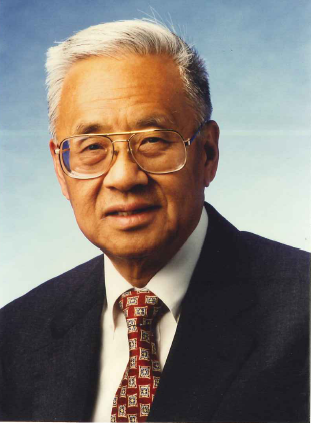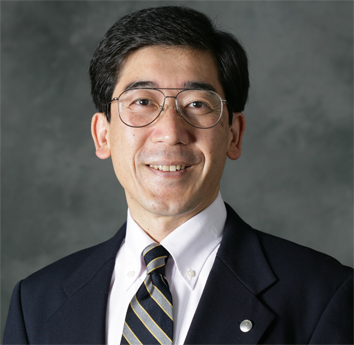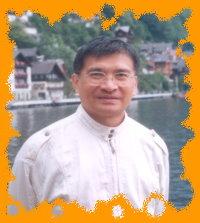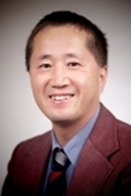| Abstract: |
Fragile watermarking is applied to protect the integrity of the digital media. Current fragile watermarking schemes mainly provide the functionality of detecting and locating the tampered regions of an authorized image. The capability to recover the tampered regions has rarely been discussed in the literature.
In fact, the recovery ability is an important issue while proving and maintaining the image integrity. For achieving these purposes, we first utilize the concept of self-reference to preserve the significant information of a protected image.
Then we embed the information into the protected image using the technique of wet paper coding. According to experimental results, the new scheme is highly sensitive to detect and locate the tampered area. In particular, the results show that the quality of recovery image is satisfactory.
|
| Biography: |
Professor C.C. Chang was born in Taichung, Taiwan on Nov. 12th, 1954. He obtained his Ph.D. degree in computer engineering from National Chiao Tung University. He's first degree is Bachelor of Science in Applied Mathematics and master degree is Master of Science in computer and decision sciences. Both were awarded in National Tsing Hua University. Dr. Chang served in National Chung Cheng University from 1989 to 2005. His current title is Chair Professor in Department of Information Engineering and Computer Science, Feng Chia University, from Feb. 2005.
Prior to joining Feng Chia University, Professor Chang was an associate professor in Chiao Tung University, professor in National Chung Hsing University, chair professor in National Chung Cheng University. He had also been Visiting Researcher and Visiting Scientist to Tokyo University and Kyoto University, Japan. During his service in Chung Cheng, Professor Chang served as Chairman of the Institute of Computer Science and Information Engineering, Dean of College of Engineering, Provost and then Acting President of Chung Cheng University and Director of Advisory Office in Ministry of Education, Taiwan.
Professor Chang's specialties include, but not limited to, data engineering, database systems, computer cryptography and information security. A researcher of acclaimed and distinguished services and contributions to his country and advancing human knowledge in the field of information science, Professor Chang has won many research awards and honorary positions by and in prestigious organizations both nationally and internationally. He is currently a Fellow of IEEE and a Fellow of IEE, UK. And since his early years of career development, he consecutively won Outstanding Youth Award of Taiwan., Outstanding Talent in Information Sciences of Taiwan., AceR Dragon Award of the Ten Most Outstanding Talents, Outstanding Scholar Award of Taiwan., Outstanding Engineering Professor Award of Taiwan, Chung-Shan Academic Publication Awards, Distinguished Research Awards of National Science Council of Taiwan, Outstanding Scholarly Contribution Award of the International Institute for Advanced Studies in Systems Research and Cybernetics, Top Fifteen Scholars in Systems and Software Engineering of the Journal of Systems and Software, and so on. On numerous occasions, he was invited to serve as Visiting Professor, Chair Professor, Honorary Professor, Honorary Director, Honorary Chairman, Distinguished Alumnus, Distinguished Researcher, Research Fellow by universities and research institutes. He also published more than one thousand papers in Information Sciences. In the meantime, he participates actively in international academic organizations and performs advisory work to government agencies and academic organizations.
|



